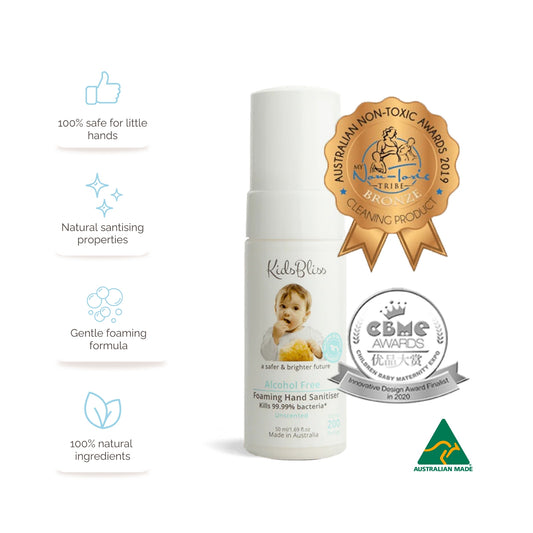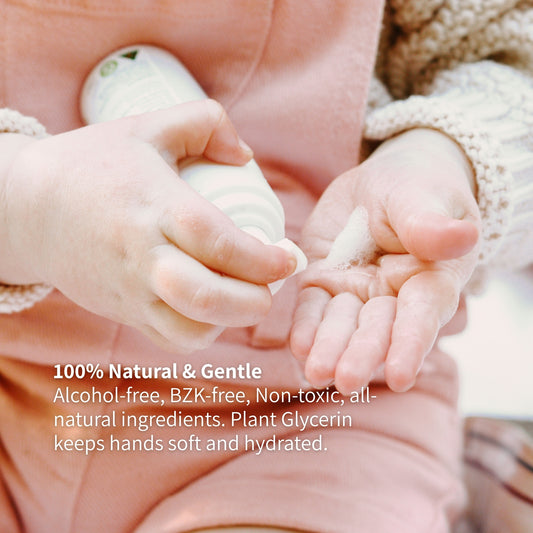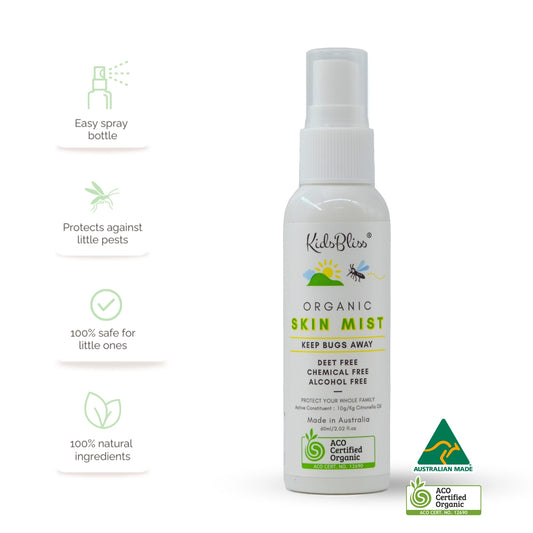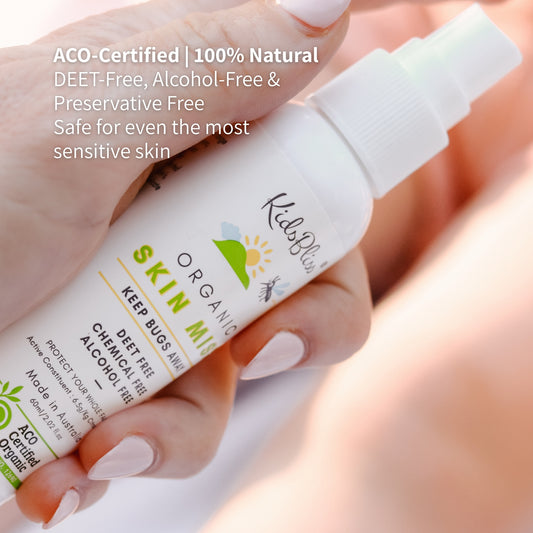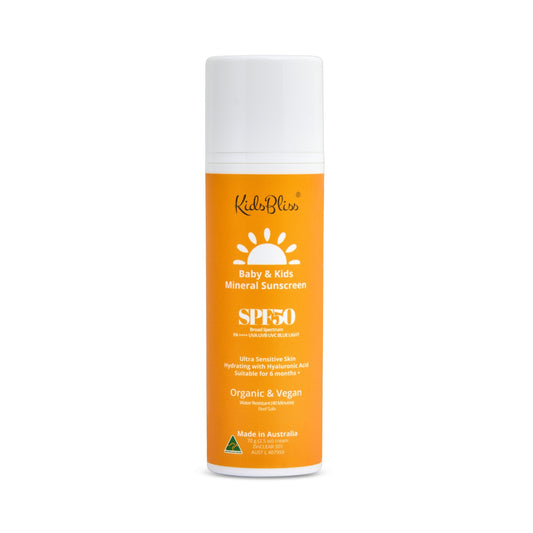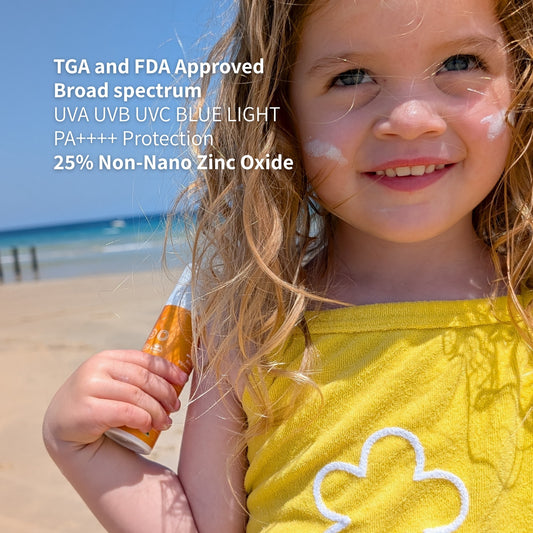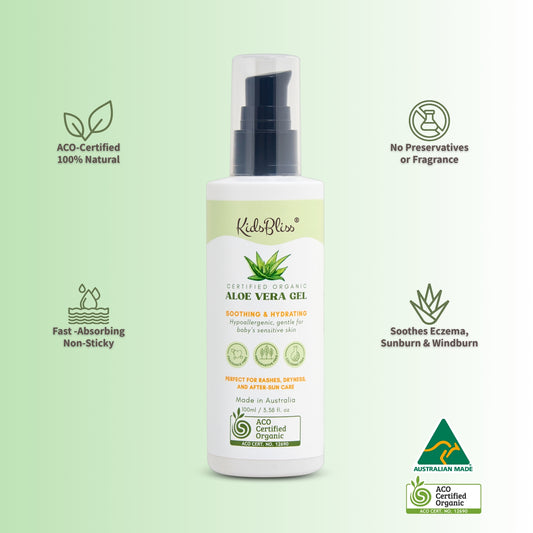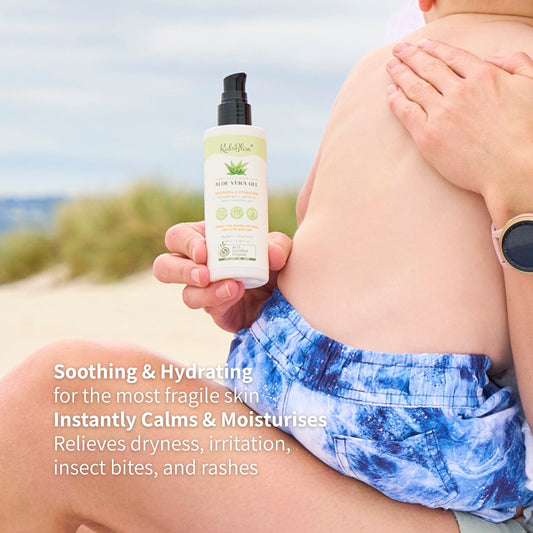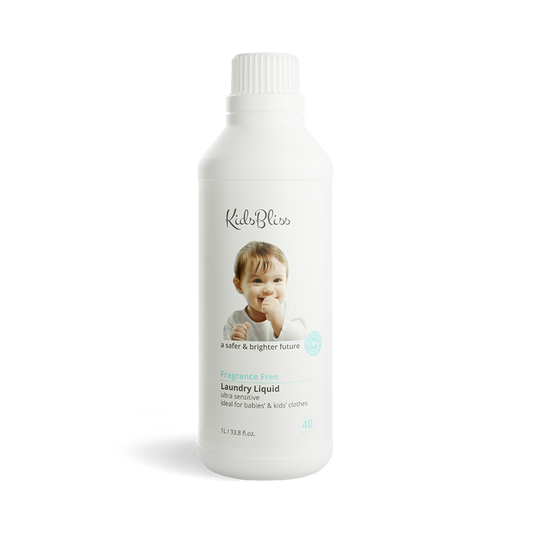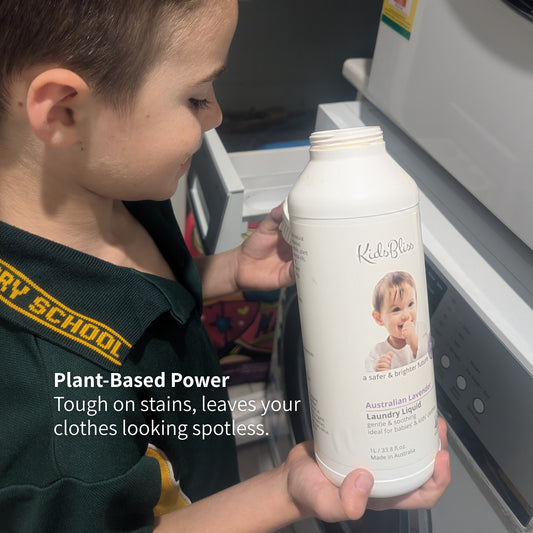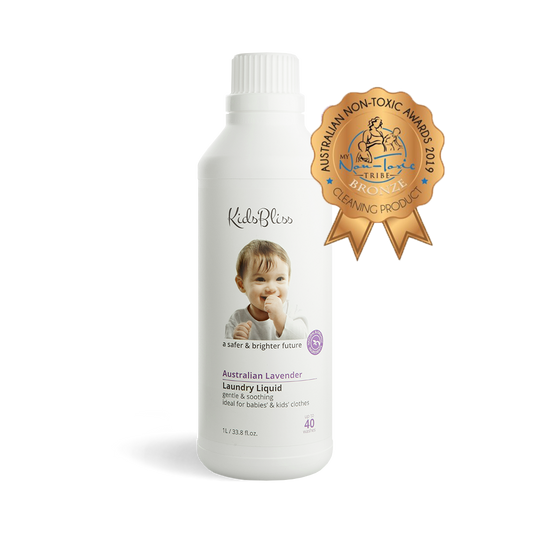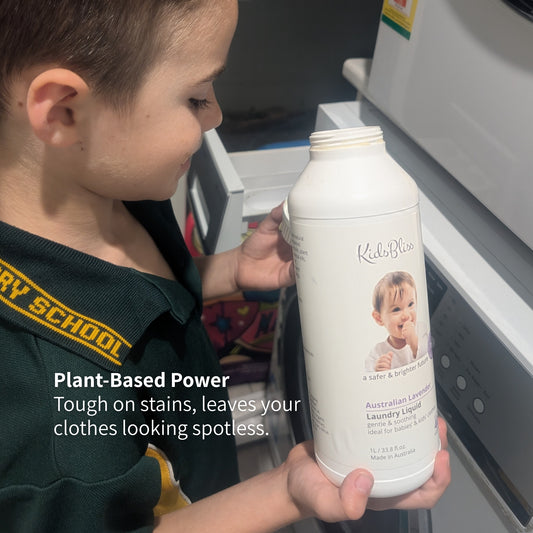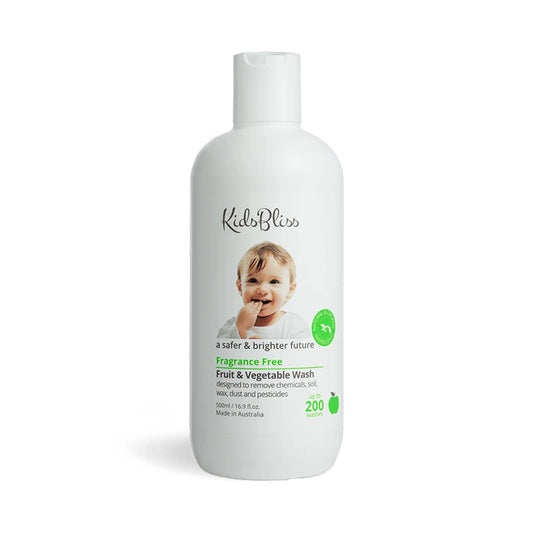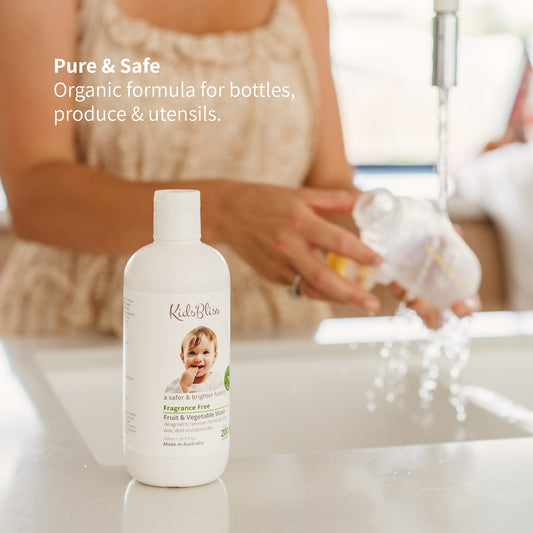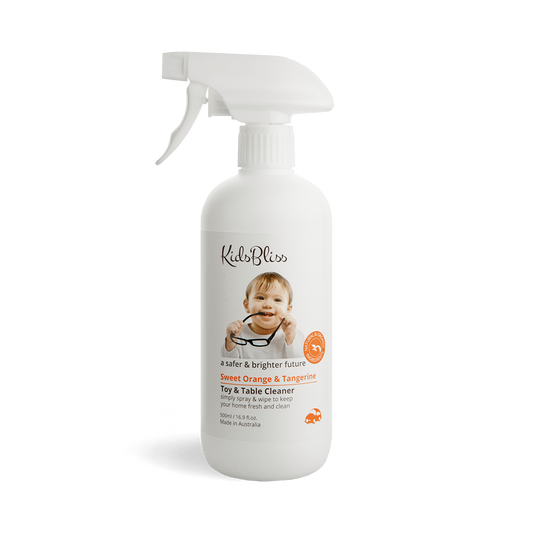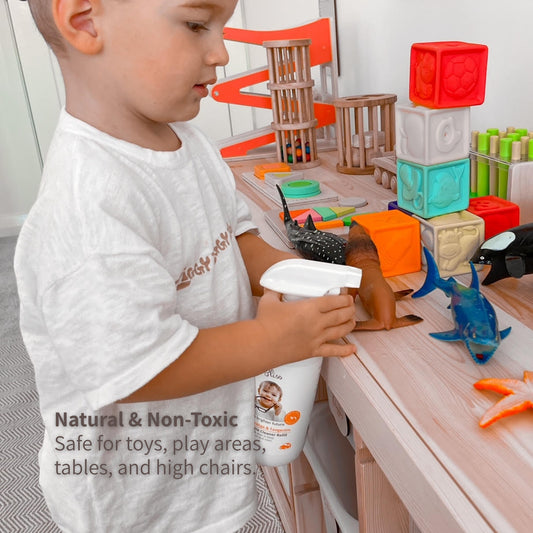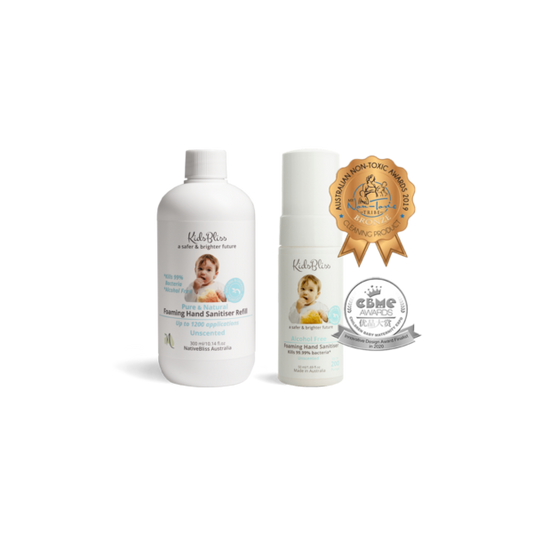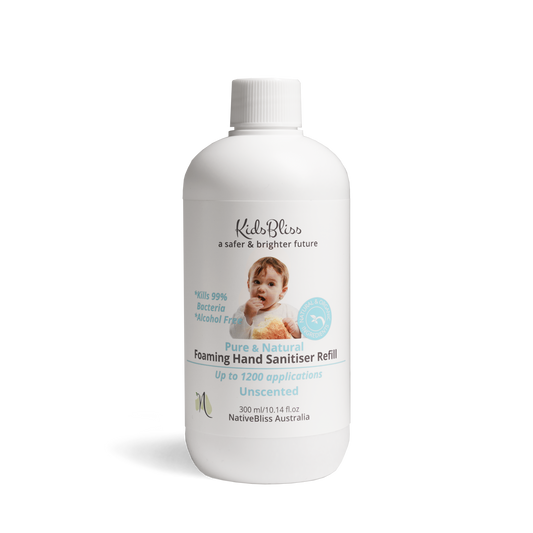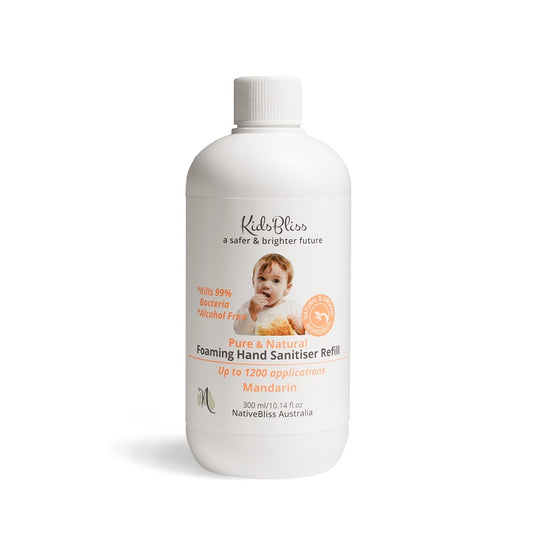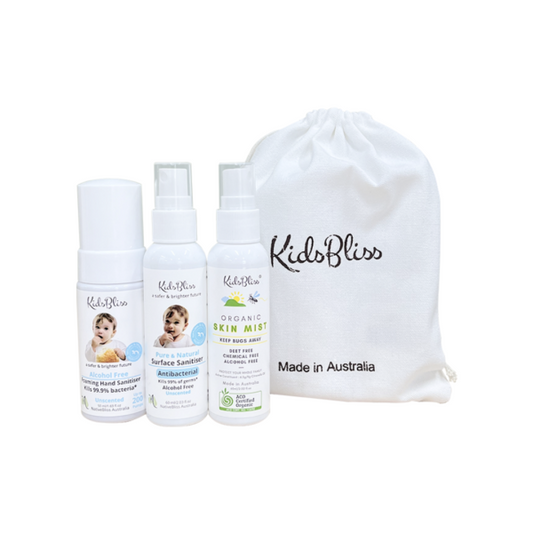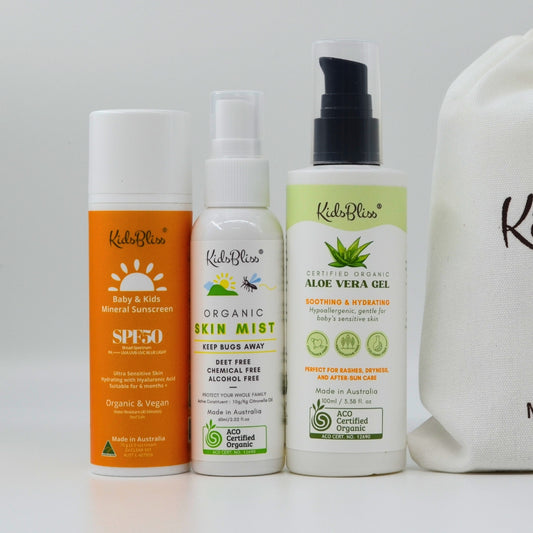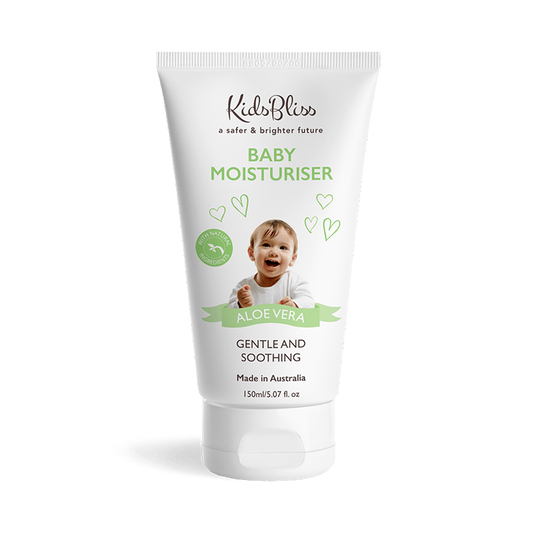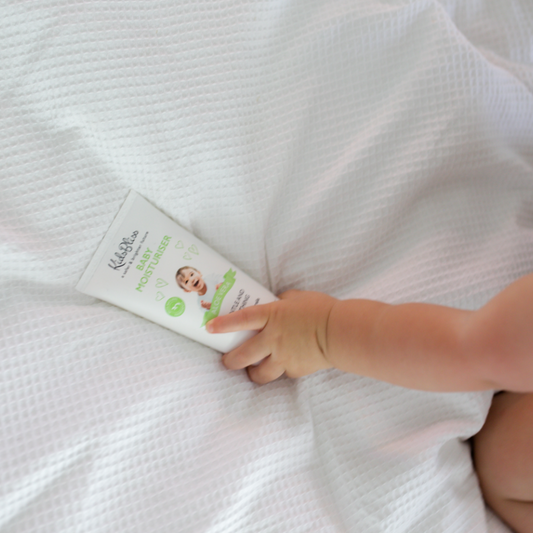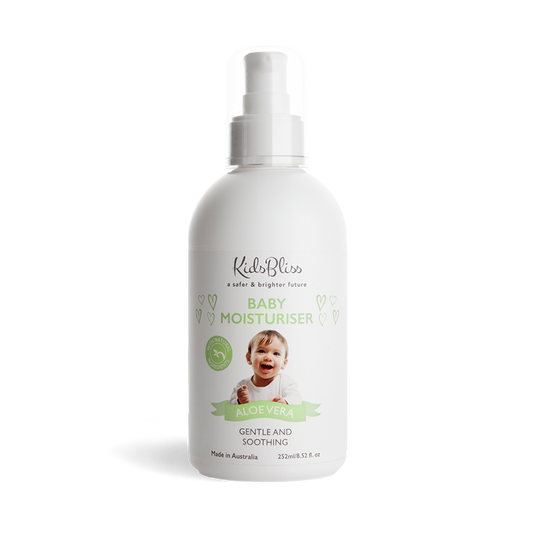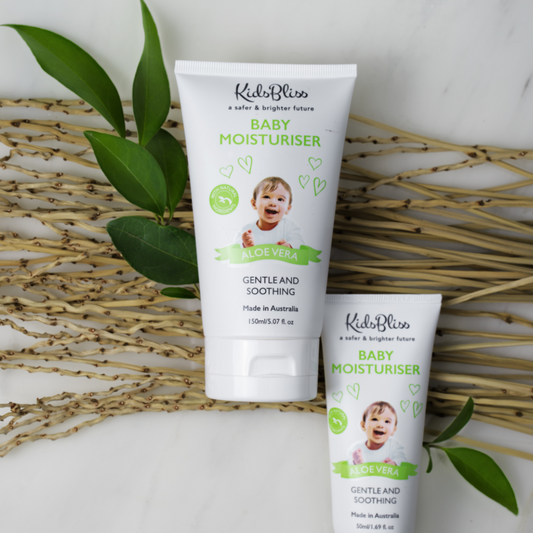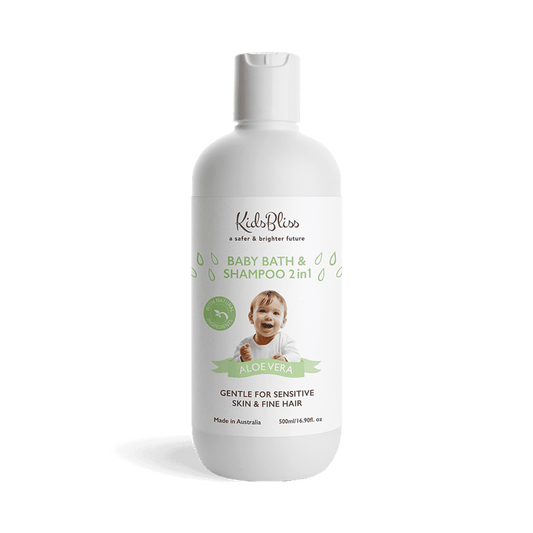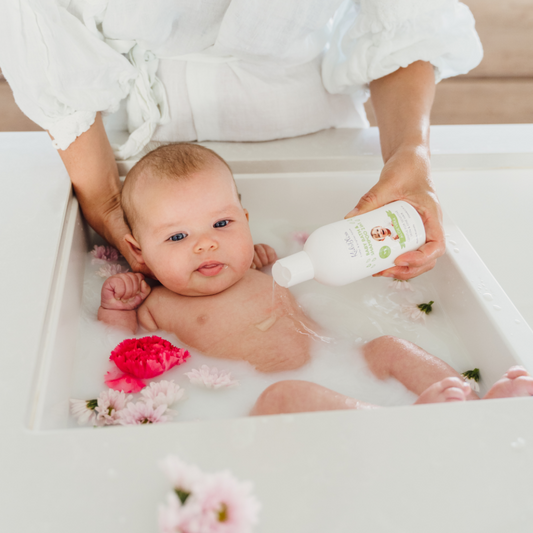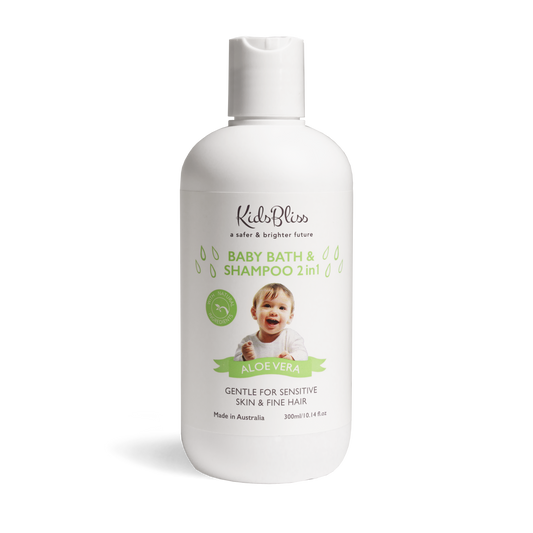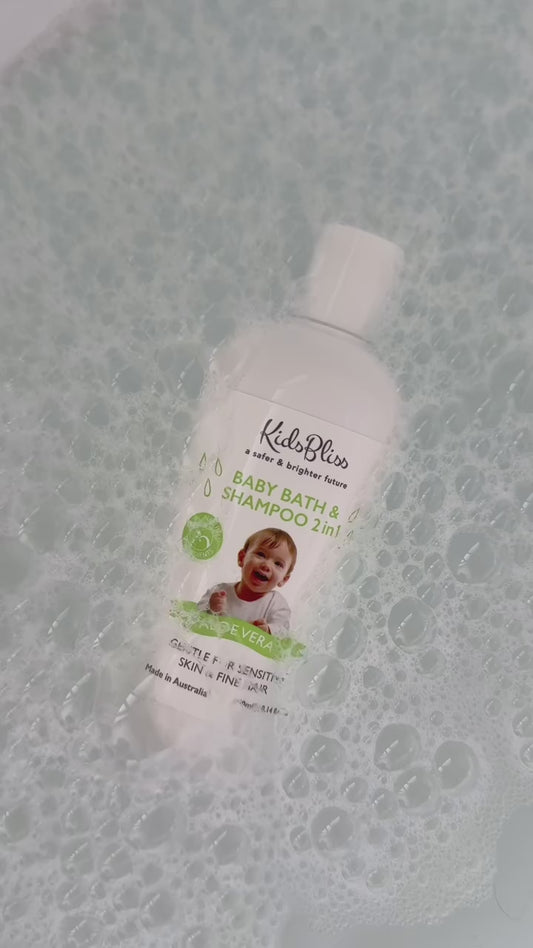The great nappy debate rages on, with expectant parents caught between the convenience of disposable nappies and their ecological values! So, to make it a little easier to make up your mind, we’re taking a quick look at the real benefits of eco-friendly nappies.
#1 – Better for the environment
This is the most obvious benefit of using eco-friendly nappies. In Australia, almost 800 million tons of disposable nappies go to landfills every year. These nappies are made with single-use plastic components, so they take around 150 years to break down – and when they do, they release harmful chemicals and microplastics into the environment. What’s more, they are made with unsustainable materials, and it takes around one cup of crude oil to make just one disposable nappy. While no nappy has a carbon footprint of zero, eco-friendly nappies give parents better options that protect the environment and are great for their bubs.
#2 – Lots of options
There are so many different types of eco-friendly nappies on the market, so it’s easy to find one that fits your bub’s needs and your lifestyle. Some of the most common options include cloth nappies, flushable inserts for cloth nappies, and compostable nappies. Each has its own pros and cons. For example, cloth nappies are very affordable and easy to buy but require a lot of washing, and that means using lots of water, detergent, and electricity. Compostable nappies are biodegradable and can be disposed of at home or in a landfill where they break down into organic matter, but they tend to be more expensive and a little more difficult to find.
#3 – Chemical-free
As awareness grows around the health and care of bubs during these critical early years, parents are looking for alternatives that are non-toxic, chemical-free, and certified safe for their little ones. The chemicals in disposable nappies, which includes plastics, synthetic dyes, dioxin, sodium polyacrylate, and tributyltin (ranked by the World Health Organisation as one of the most toxic substances found in today’s consumer products) can cause anything from skin irritation and dehydration to liver damage, immune system damage, and respiratory issues. Eco-friendly alternatives, however, contain none of these chemicals, keeping your bub’s health safe.
#4 – Affordable
This is a bit of a complex benefit because it depends on what type of eco-friendly nappy option you choose. While some alternatives, like compostable nappies, tend to be slightly more expensive options, there’s no question that disposable nappies are a big expense for parents. Cloth nappies and other reusable nappy options tend to be much, much cheaper to use in the long run, even though they require more washing. Of course, using eco-friendly nappies also means you save on other issues such as medical expenses for treating skin irritation, respiratory issues, and other health problems, not to mention the cost to the planet.
Choosing eco-friendly nappies – even if you don’t use them all the time – is a great way to support the environment and your child’s health. It also helps to use the right products throughout your day, including natural and organic laundry liquid that is greywater friendly, ACO shampoos that soothe your bub’s sensitive skin, and nourishing natural baby skincare products that use pure plant extracts to nourish your little one.
KidsBliss is a leading supplier of natural and organic baby skincare products in Australia, using decades of scientific research and collaboration with local farmers to produce award-winning products that parents can rely on.


